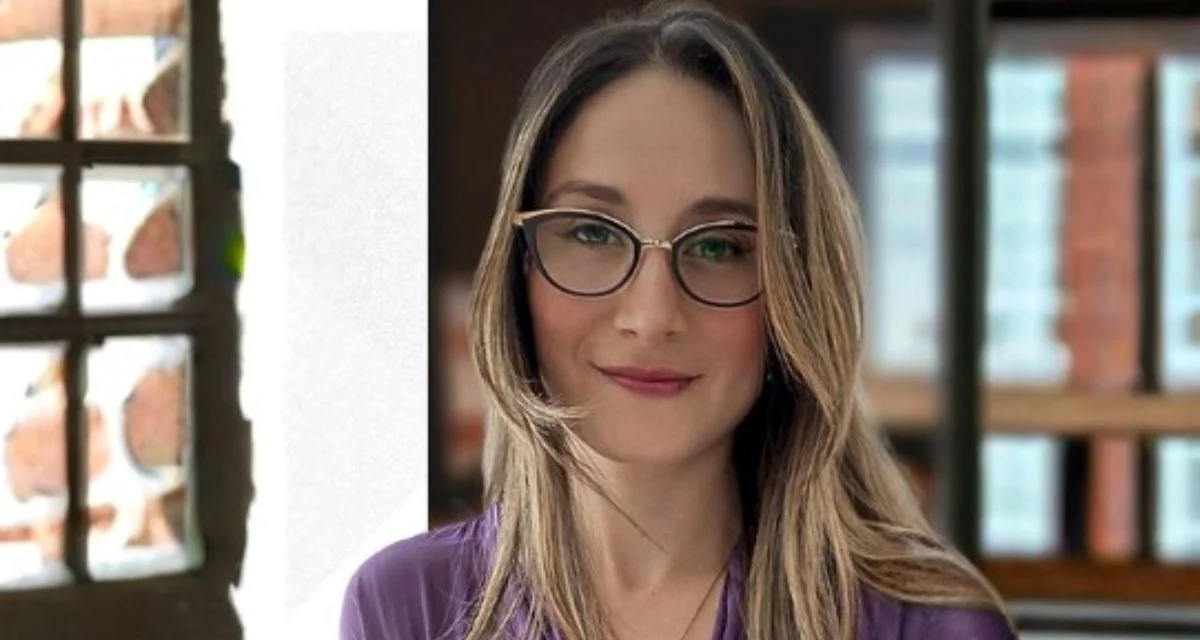ICOM has participated for the fourth year as an observatory member in the G20 Culture Working Group, which was hosted this year by South Africa under the theme “Solidarity, Equality and Sustainability.” The organization prepared its input on four priorities chosen by the South African presidency with support from experts within its network. ICOM Voices is publishing a series of articles featuring these experts’ perspectives and museum work in these areas.
The authors contributing to this initiative include Joelle Nwabueze, Associate Professor of Law at Enugu State University of Science and Technology in Nigeria; Mariana Valente, Assistant Professor of International Economic Law at the University of St. Gallen in Switzerland; Catherine Snel, Archivist and Museologist at Sanlam Ltd and Chair of ICOM South Africa; and Marion Torterat, Legal Advisor at ICOM Secretariat.
ICOM’s engagement with the G20 Culture Working Group focused on how digital transformation can improve protection, promotion, and sustainability of cultural heritage. Since 2014, ICOM has advocated for fair copyright frameworks that support museums’ public interest missions. This includes working with organizations such as the International Federation of Library Associations and Institutions (IFLA) and the International Council on Archives (ICA) at the World Intellectual Property Organization (WIPO) to seek international agreements allowing exceptions to copyright rules for libraries, archives, and museums.
Legal challenges linked to new technologies were discussed in detail. For example, restrictive legal frameworks can hinder museums from sharing their collections digitally—a core part of their mission. One issue is that some jurisdictions grant new copyright protection to high-resolution images or scans of artworks whose original copyrights have expired. This practice limits access to works that should be in the public domain. The European Union addressed this concern through its 2019 Directive on Copyright in the Digital Single Market by clarifying that faithful reproductions should not generate new rights within EU countries.
Contractual complexities also affect digitization projects. Sometimes commercial partners require exclusive rights over digitized images or restrict online access—agreements that may limit museums’ ability to share their collections widely due to funding constraints or technical barriers like digital rights management systems.
Museums also face challenges protecting intangible heritage such as traditional songs or rituals, which are often not covered by copyright law and therefore vulnerable to misappropriation. Examples include Māori haka performances used without consent in advertising campaigns or Afro-Brazilian chants appropriated by media companies without acknowledgment or benefit-sharing.
The article argues for a dual approach: clearer copyright rules that protect public domain integrity while recognizing community rights over intangible heritage. It suggests harmonizing national laws so faithful reproductions do not create new copyrights, ensuring contracts cannot override public domain freedoms, embedding accessibility into digitization efforts, and requiring free prior informed consent when digitizing intangible cultural assets—as recommended by UNESCO.
“By confronting these legal obstacles directly, museums can act as trusted stewards of cultural diversity, ensuring that the digital future reflects not only dominant narratives but also the voices and traditions that risk being silenced,” state the authors.
Examples from around the world show how museums use technology:
- In Cameroon’s National Museum, digital tools help inventory collections and make them accessible despite limited storage.
- Enugu’s first digital museum launched in Nigeria in 2024 offers virtual access to Igbo traditions and historical artefacts.
- The National Museum of Korea uses robotics to guide visitors through exhibitions with multilingual information services.
- Brazil’s Museu do Ipiranga uses open-source software Tainacan to publish its collection online; partnerships with Wikimedia groups further increase accessibility.
- Seoul’s Robot & AI Museum integrates artificial intelligence into visitor experiences through educational robots providing information about cultural objects.
“The transformative potential of digital technologies and AI in museums is undeniable: they enable wider access to collections, foster engagement, and open new avenues for cultural innovation,” according to ICOM experts. They add: “Yet these opportunities come with legal and operational challenges… By advocating for clear… legal frameworks at the G20 Culture Working Group… ICOM helps museums… fulfil their mission as trusted stewards of cultural heritage – ensuring that the digital future amplifies all voices.”

 Alerts Sign-up
Alerts Sign-up